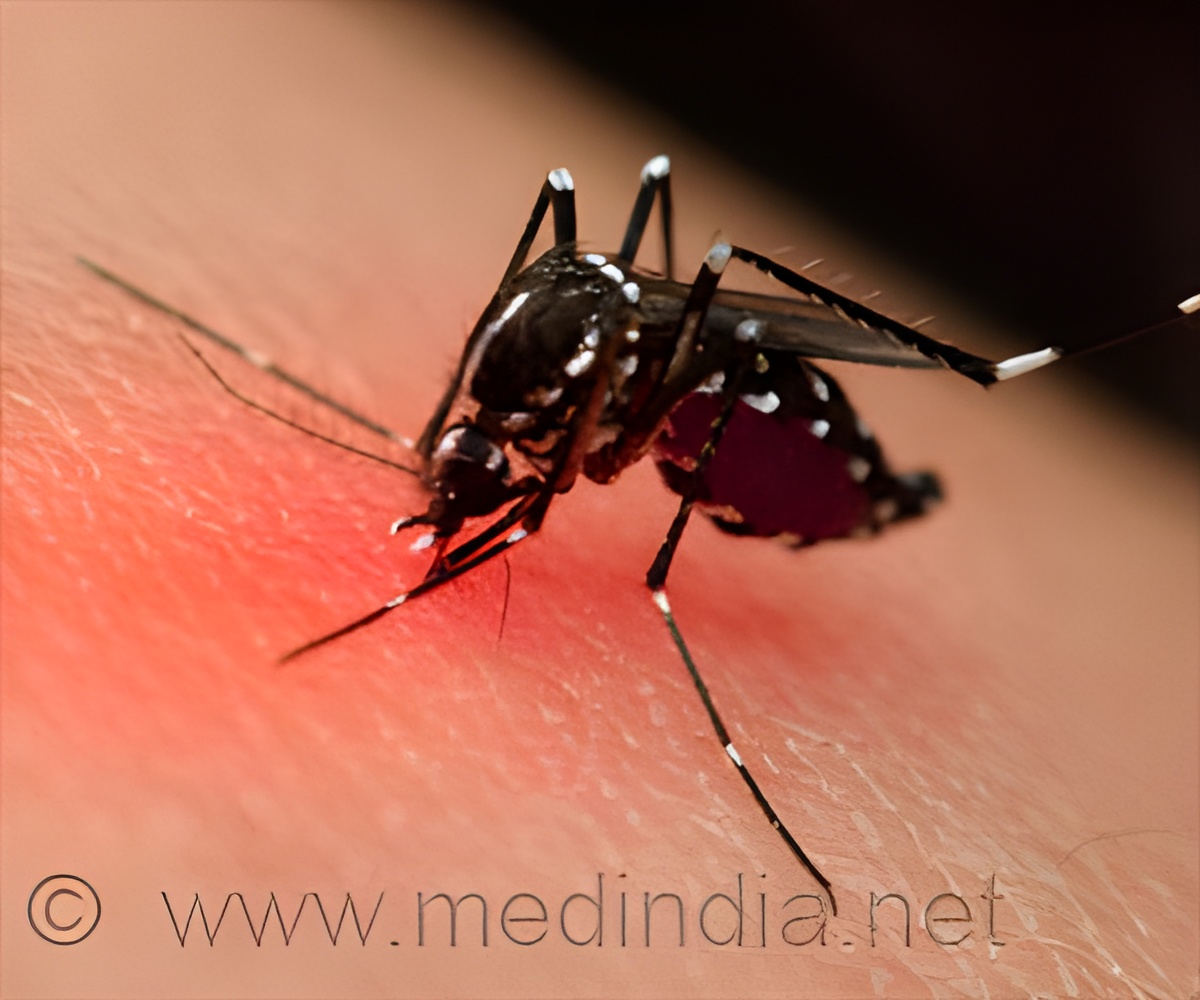
‘Nearly half of the world's population is at risk of malaria. A new, experimental vaccine for malaria has shown fast and effective results.’
Tweet it Now
Researchers from the University of Tubingen in Germany, tested the efficacy, tolerability and safety of a combination of the drugs Fosmidomycin and Piperaquine on 83 patients in the phase II clinical trials. The two-fold medication was administered for three days to patients aged one to 30, who were infected with malaria via the Plasmodium falciparum pathogen.
In the 83 cases, there was a 100 per cent cure rate, said Peter Kremsner, Professor at the varsity.
Patients tolerated the treatment well, and it led to a swift reduction of clinical symptoms.
"This study represents a milestone in the clinical research into Fosmidomycin," Kremsner said.
Advertisement
Streptomyces lavendulae blocks a metabolic pathway for the production of Isoprenoid -- naturally occurring organic chemicals -- in the malaria pathogen.
Advertisement
As Isoprenoids are formed via a different synthesis path in the human body, humans have no target structures for Fosmidomycin.
As a result, humans tolerate the drug well and suffer barely any side effects, the researchers said, in a paper published in Clinical Infectious Diseases.
In addition, this unique mechanism excludes the possibility of cross-resistance to the drugs used in earlier malaria treatments.
The new combination also meets WHO guidelines for combination therapies.
The two drugs mechanisms against differing target structures means that they attack the parasite in the bloodstream independently of one another.
This meets WHO requirements for a fast and effective treatment of the acute phase of infection, and for protection against relapse due to reappearance of the infection.
Furthermore, the effective mechanism helps to delay the formation of a possible resistance, the researchers noted.
Source-IANS












